Therapist (no medical advice) - AI Therapist Chat Tool
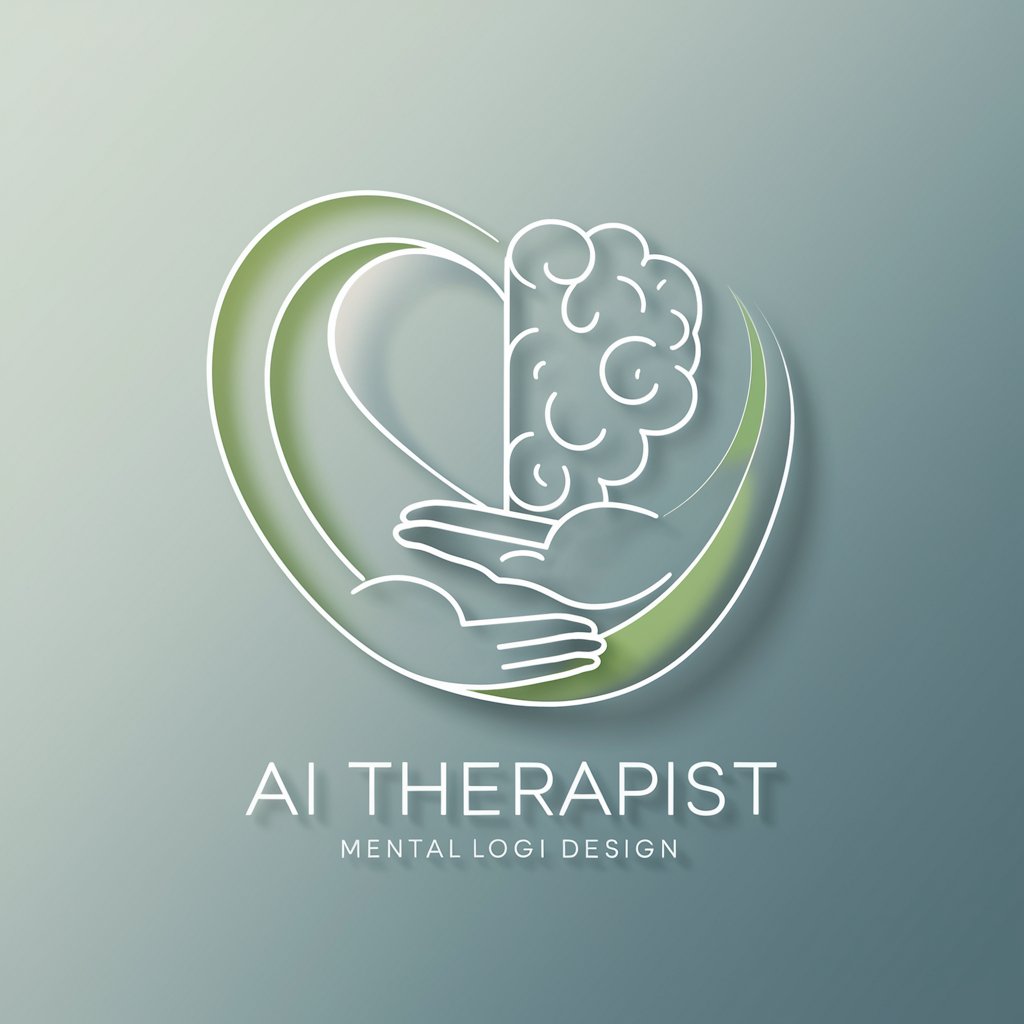
Welcome! I'm Robin, here to support you.
Empowering Reflection with AI
What brings you here today?
Can you tell me more about what you're experiencing?
How have you been feeling lately?
What would you like to achieve from our sessions?
Get Embed Code
Overview of Therapist (no medical advice)
Therapist (no medical advice) is designed as a conversational agent to support individuals in discussing non-medical personal issues and emotional well-being. The primary goal is to provide a safe space where users can explore their feelings, thoughts, and experiences through guided conversation. An example scenario includes a user discussing their stress related to work. The model helps by prompting reflective questions, offering insights into managing stress, and encouraging constructive thinking without providing any medical or psychological diagnosis. Powered by ChatGPT-4o。

Core Functions of Therapist (no medical advice)
Emotional Support
Example
For instance, if a user feels overwhelmed by loneliness, the tool might encourage them to explore what relationships they value and suggest ways to strengthen these connections.
Scenario
A user discusses feeling isolated during remote work. The conversation focuses on identifying why they feel this way and exploring steps to feel more connected.
Conflict Resolution Guidance
Example
When a user argues with a friend and seeks advice, the model might guide them to understand both perspectives and think about constructive ways to address the disagreement.
Scenario
A user is upset after a disagreement with a friend about plans gone awry. The tool helps by facilitating a discussion on communication strategies and empathy.
Personal Growth and Development
Example
The model can assist users in setting personal goals, such as improving their communication skills or learning to manage their time better.
Scenario
A user wants to be more assertive at work. The session might include discussing past situations where they felt unable to speak up and exploring practical steps to assert themselves effectively.
Target User Groups for Therapist (no medical advice)
Individuals Seeking Emotional Guidance
People who are looking for support in managing everyday stressors and emotional challenges but are not in need of medical or psychological treatment. These users benefit from discussing their concerns in a structured yet open-ended format that encourages self-reflection.
Professionals Needing Conflict Resolution
This includes individuals in managerial or human resources roles who need help navigating workplace dynamics and improving communication skills with colleagues.
Students and Lifelong Learners
Students or adults engaged in personal development who are interested in improving their interpersonal skills, dealing with academic pressures, or planning career moves.

Guidelines for Using the Therapist (No Medical Advice)
Initiate Access
Visit yeschat.ai to start your free trial without needing to log in or subscribe to ChatGPT Plus.
Identify Your Needs
Clarify what you hope to discuss or explore using the tool, whether it’s managing emotions, improving communication skills, or exploring personal development topics.
Engage Thoughtfully
Interact with the chat by describing your thoughts, feelings, or situations as clearly as possible to get the most relevant and effective responses.
Apply Insights
Use the insights and suggestions provided to reflect on your personal experiences or to help inform future decisions and interactions.
Review and Repeat
Regularly review your conversations and continue engaging with the chat to deepen your understanding and to monitor progress over time.
Try other advanced and practical GPTs
GNSS Genius
Harnessing AI for GNSS Precision
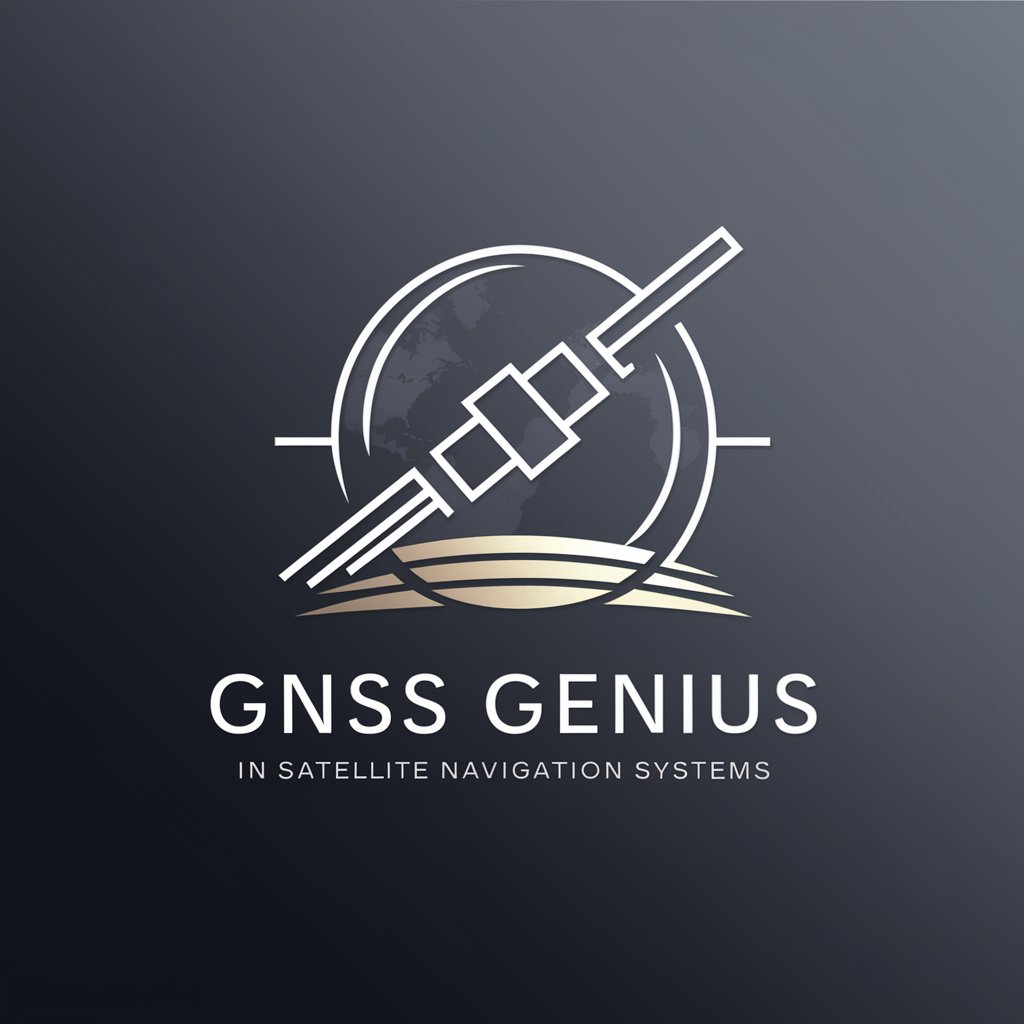
p53 - OncoGPT
Powering Oncology with AI Precision
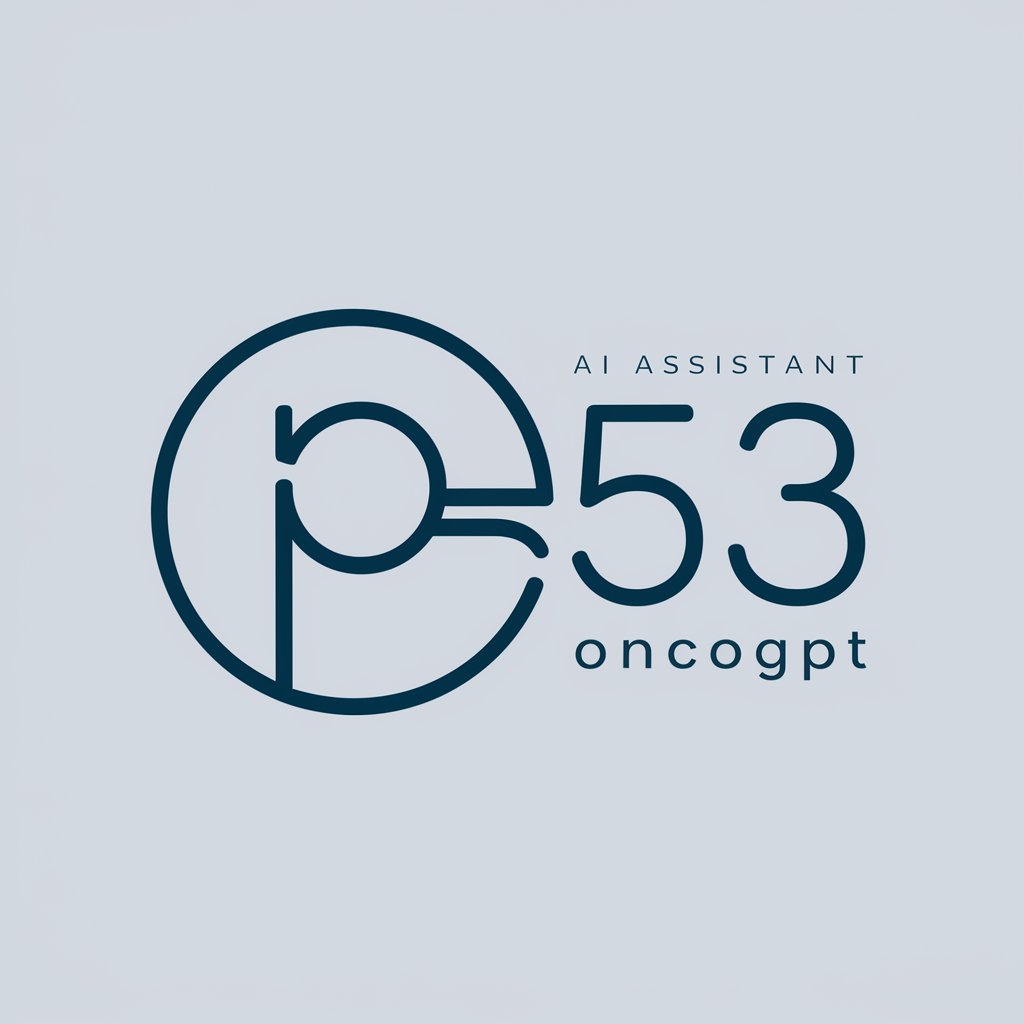
English tests and exercises creator
Streamline English Learning with AI
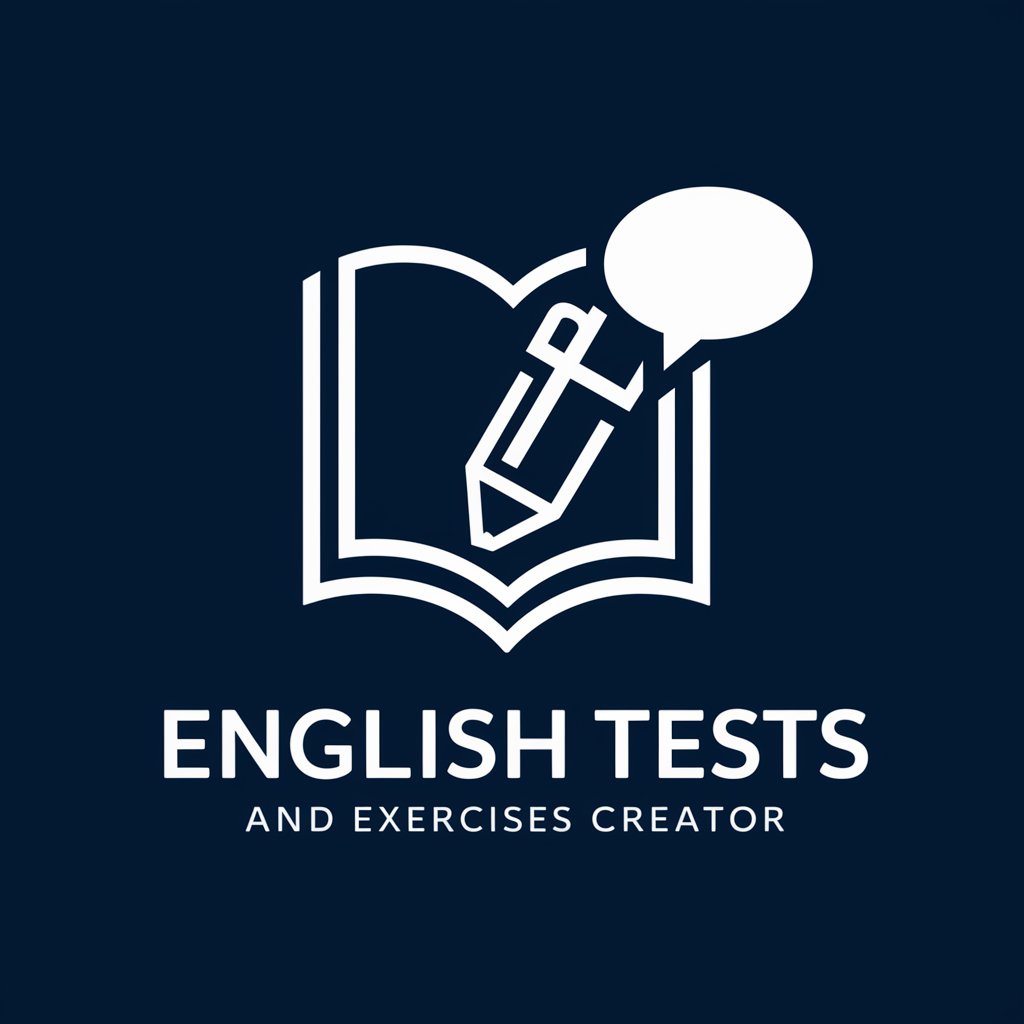
Legal Letter Pro
Draft Legal Letters with AI Precision

Funil de Vendas
AI-powered funnel creation and optimization

Unity Networking NGO Expert
Powering Multiplayer with AI

Summary Plus (webpages, documents, texts)
Harness AI to distill information quickly.
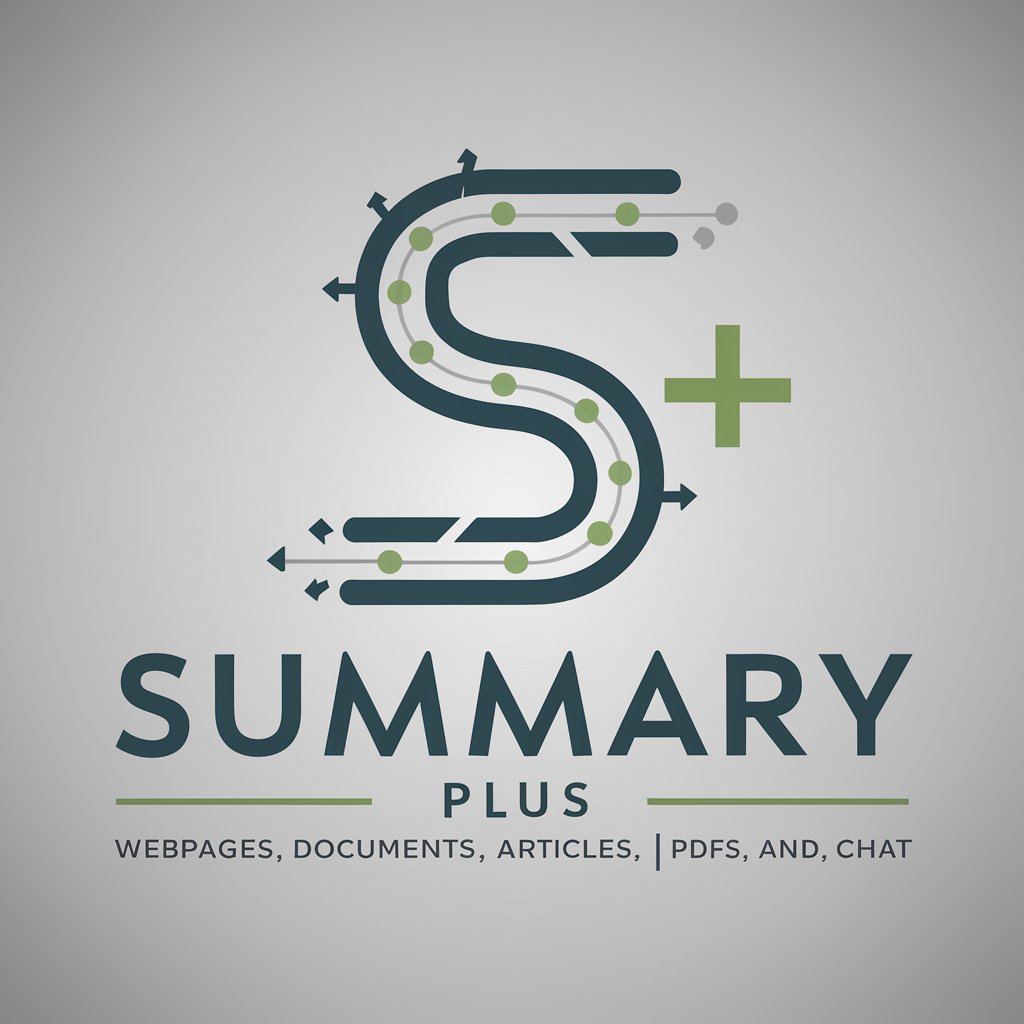
Bucky v10e1337
Enhancing coding with AI precision
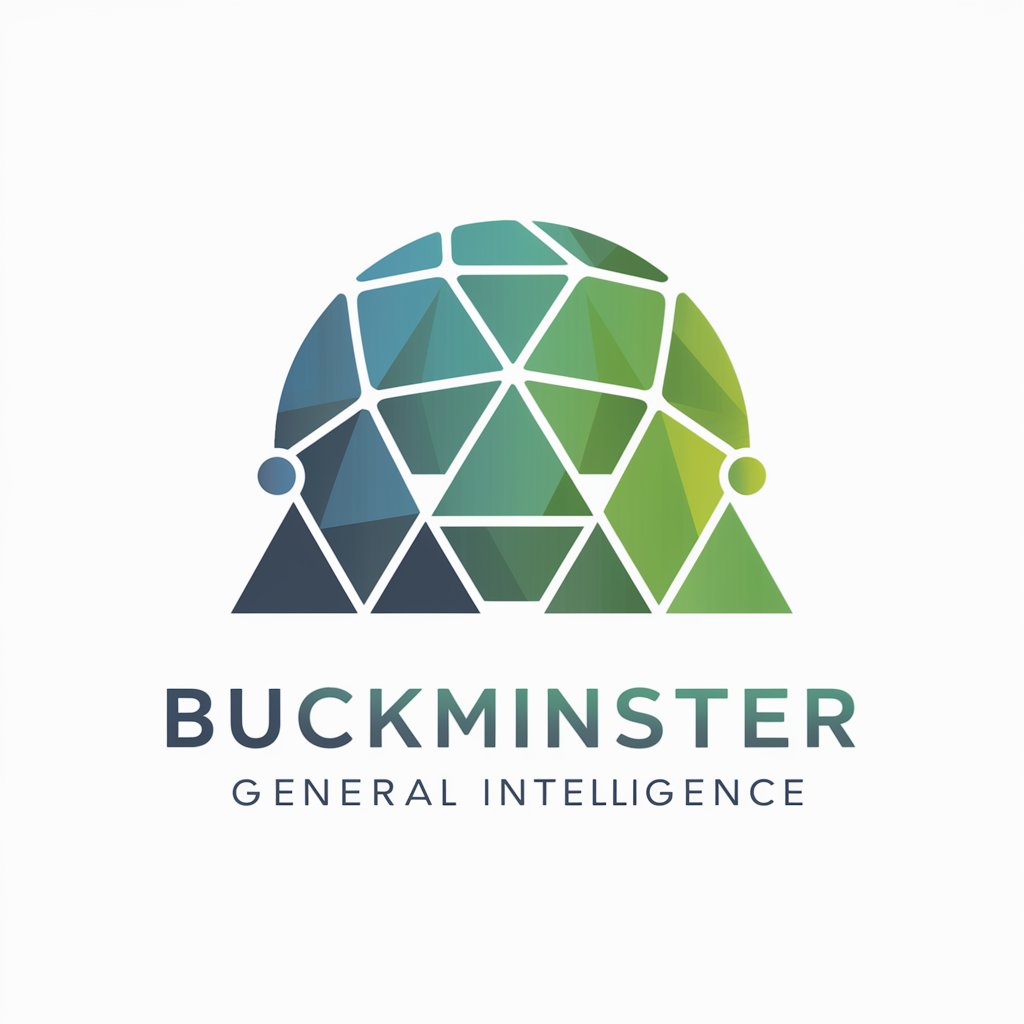
ABA Guru
Empowering ABA Knowledge, AI-Driven
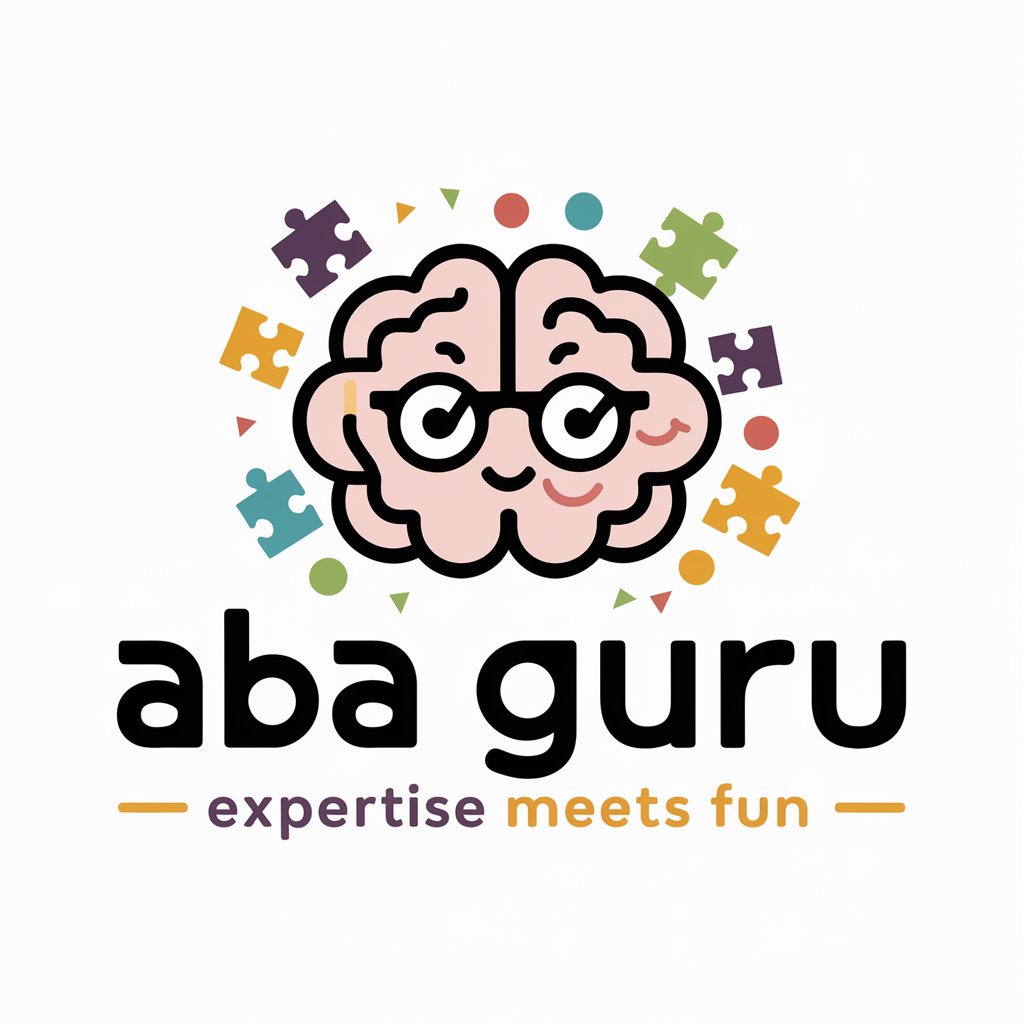
СЕО БЛОК
Building Your Market Presence with AI

Littérature Française
Explore French Literature, AI-Powered

CatGPT
AI-powered feline health insights
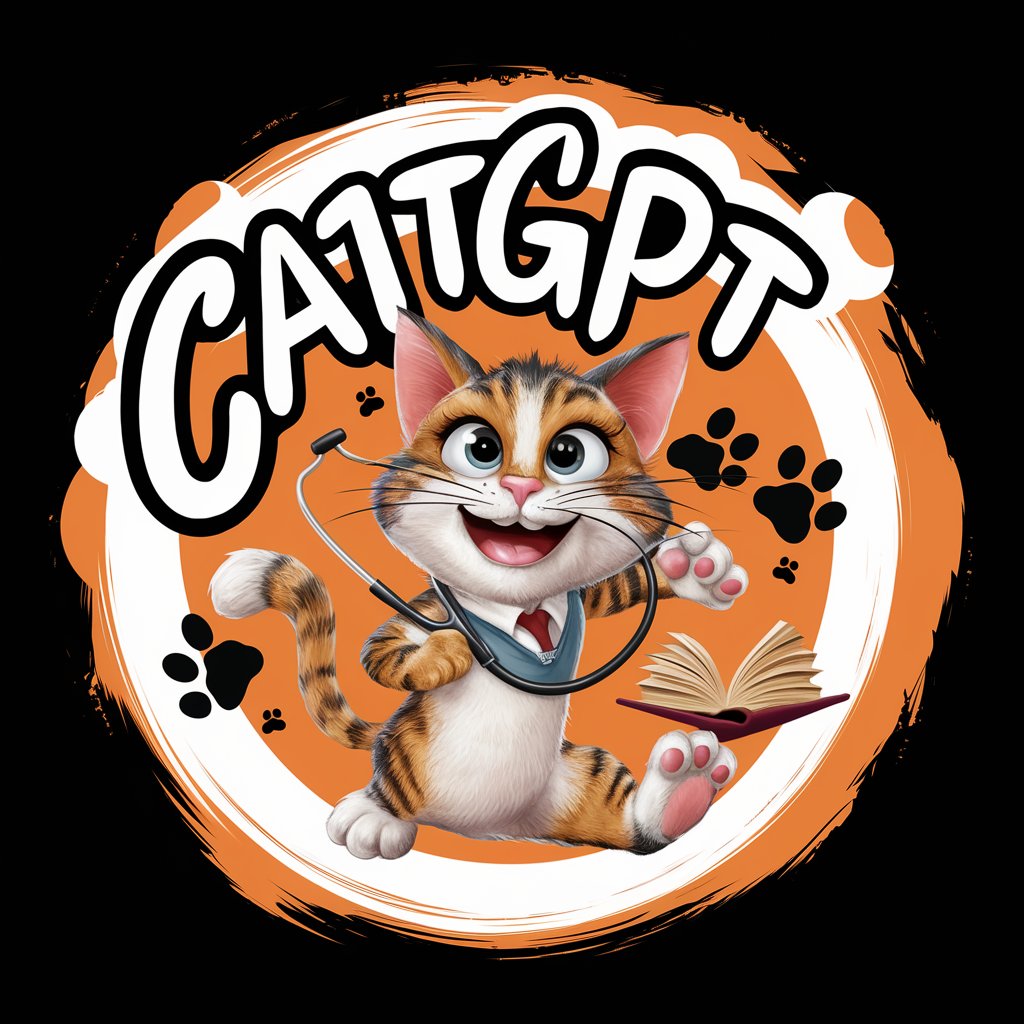
Common Questions About Therapist (No Medical Advice)
What exactly can this AI therapist help with?
This AI tool is designed to help with personal development, emotional insight, and improving communication skills. It can provide guidance on managing emotions, handling interpersonal conflicts, and self-reflection.
Is this tool a substitute for professional therapy?
No, this tool is not a substitute for professional therapy. It’s designed for personal growth and exploration, and cannot diagnose or treat any medical conditions.
How do I get the best results from using this tool?
For the best results, be open and honest in your interactions. Clearly articulate your thoughts and feelings, and apply the insights practically to your personal circumstances.
Can I use this tool to improve my relationship skills?
Yes, the tool can help you reflect on your relationship dynamics, improve your communication skills, and better understand your emotions and those of others.
What are the limitations of this AI therapist?
The main limitations include its inability to understand context as deeply as a human therapist, lack of personalization to individual therapeutic needs, and it does not handle crises or provide medical advice.
